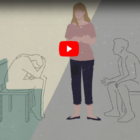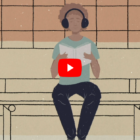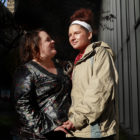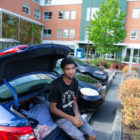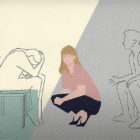
Youth leaving foster care, juvenile and other systems are aim of Washington housing effort
|
Implemented in June, HB 1905 establishes a five-year budget of over $5 million to reduce homelessness among those aforementioned groups. Washington’s Office of Homeless Youth will be responsible for much of that budget, administering $1.6 million in flexible funding that lets people who are allotted those dollars determine how to spend them on transportation, telephone or other everyday expenses.
